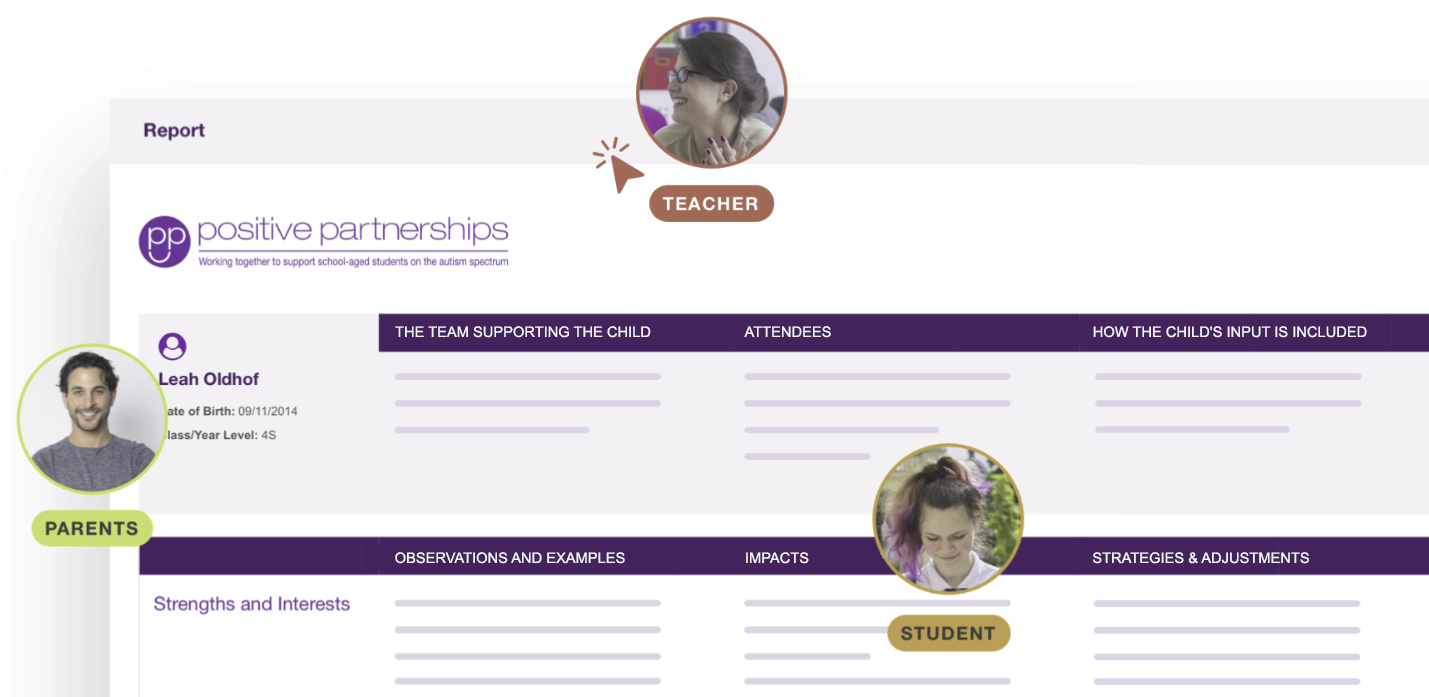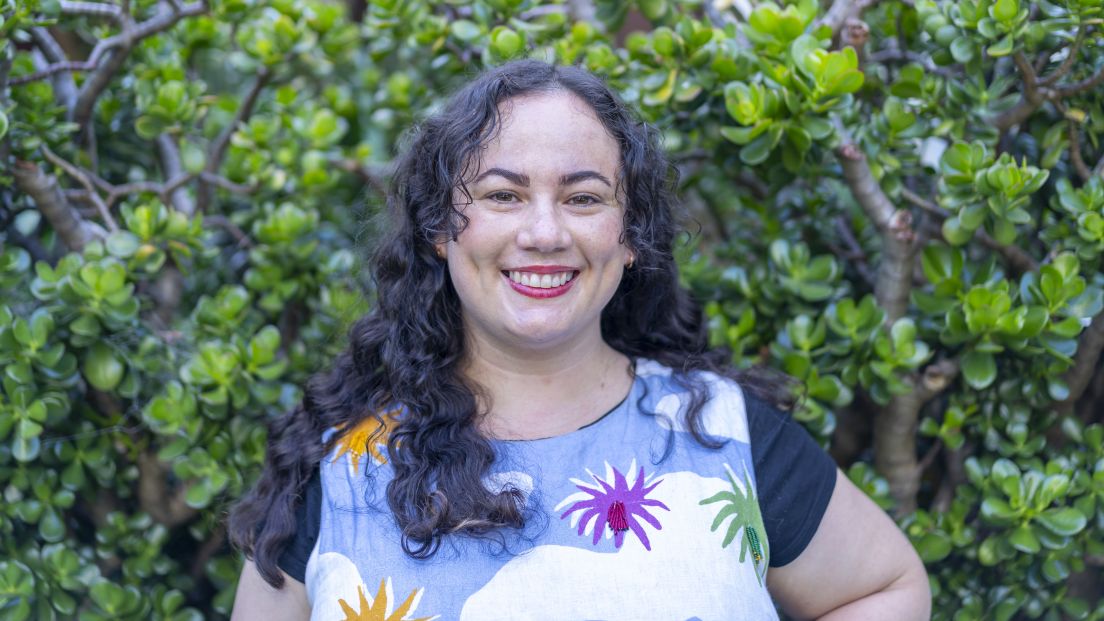Schools are more than just institutions of education; they are powerful ecosystems designed to provide a nurturing environment for every student to grow and thrive. In particular, this task becomes even more important when we consider students on the autism spectrum. Educators, families and the wider community should work together to ensure that a students' educational journey is not only enriching but also inclusive.
Through communication and working in collaboration, support and understanding can be provided to meet the unique needs of each individual student and ensure they have every opportunity to grow, learn and reach their full potential.
Effective daily communication is vital in ensuring families and teachers have the right information to support the individual student.
Families can support their child by sharing information with the teacher, such as;
- How their morning was in the lead up to school
- Changes to routines at home
- Any specific sensory needs
- Favourite hobbies, interests, foods etc
Teachers can support the Autistic student by sharing information with the family, such as;
- How their day has been
- Homework expectations
- Friendship dynamics
- Favourite school activities, subjects, physical areas to work and play etc
Positive Partnerships's Planning Tool
There are multiple resources available to assist in nurturing Autistic students, and one of these resources is called the Planning Tool by Positive Partnerships. It helps capture relevant information about a student’s strengths, interests and support needs across a range of areas and the possible strategies that can be used. When used collaboratively with families, educators, support team and the young person themselves, the tool can foster a more holistic understanding of each individual and support improved outcomes.

The Planning Tool can be downloaded as a Word document from the website or completed through an interactive webpage. This is a Cloud based version that allows for families and educators to contribute to a plan that can be shared electronically with other people and professionals that work with and support the student on the autism spectrum. The benefits of completing the online version is that it can be regularly updated as the student develops and their strengths and needs change, and can follow them throughout their schooling years and beyond without the need for multiple hard copies to be re-created and updated.
All information is important, as it helps both the home and school environments to better accommodate the needs of the child as they transition from setting to setting.
A positive relationship built on trust, compassion and honesty will have long lasting benefits for the child and those around them.
- By Chris Champion, Program Director, and Craig Smith, Manager - Technology and Innovation, Positive Partnerships.
Positive Partnerships is an Australian Government Department of Education initiative funded through the Helping Children with Autism package. It delivers Professional Learning for teachers and school staff, and Parent/Carer workshops for parents and carers of school-aged students on the autism spectrum. The website offers a range of online learning modules, webinar recordings and an extensive range of resources. For more information about Positive Partnerships, visit www.positivepartnerships.com.au.



